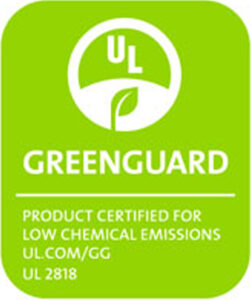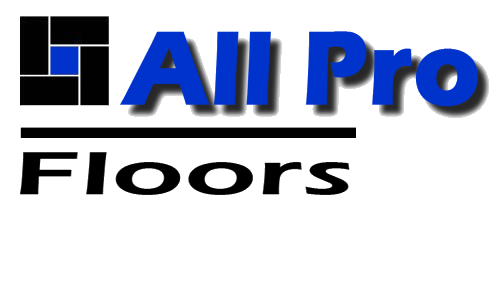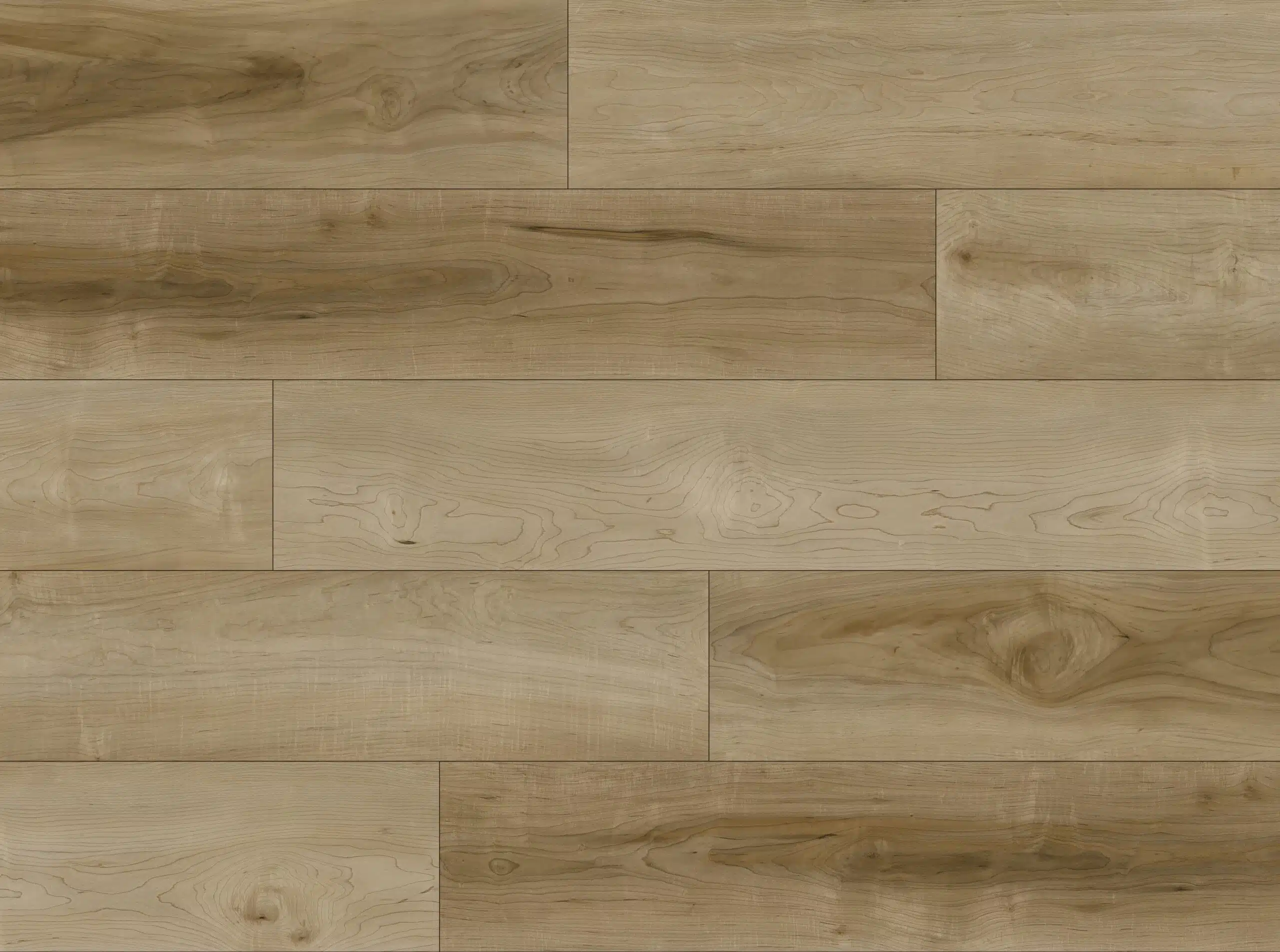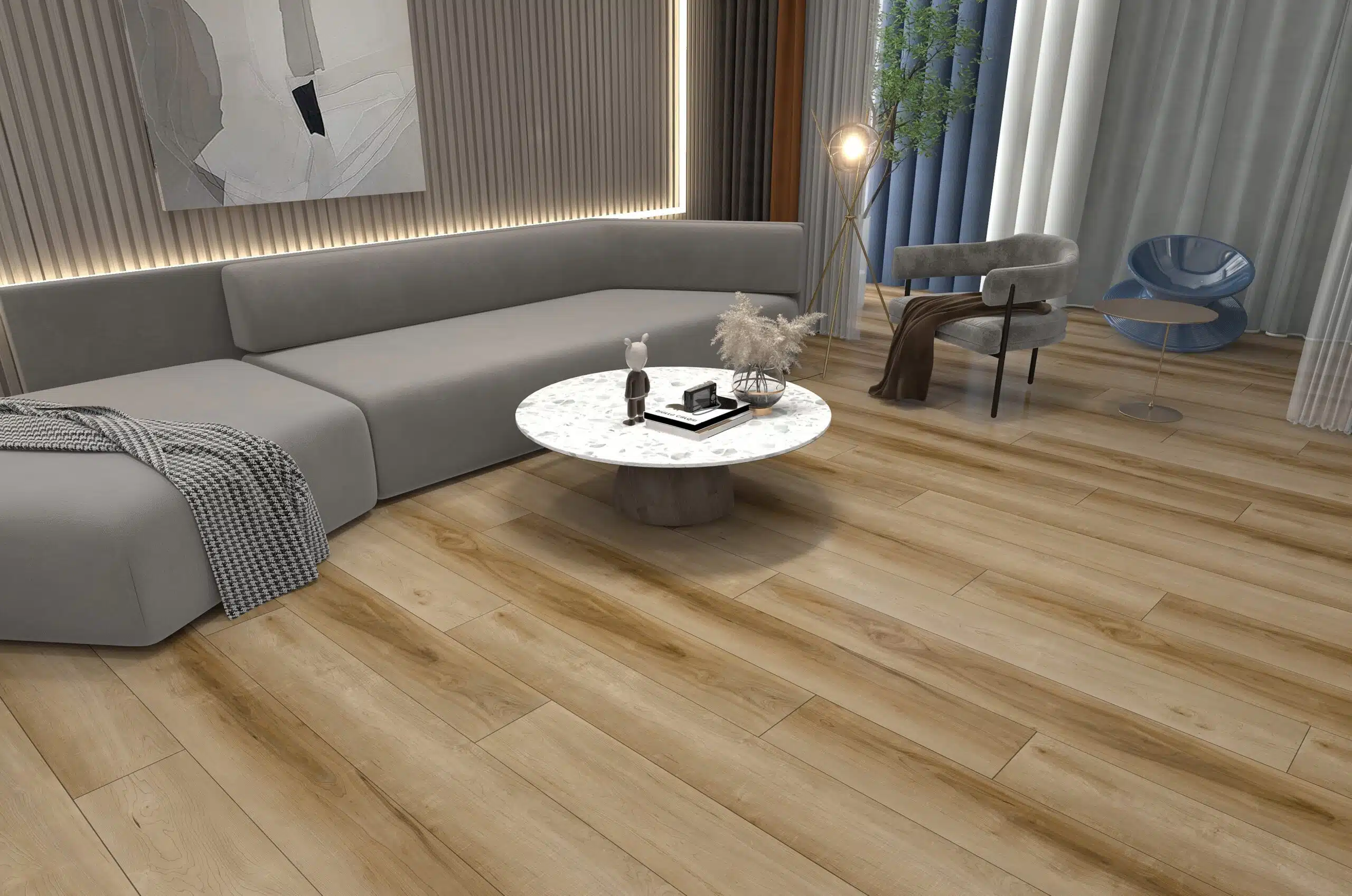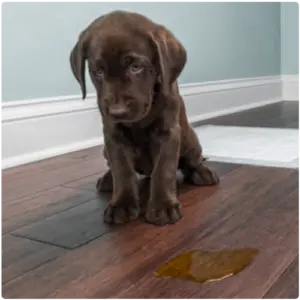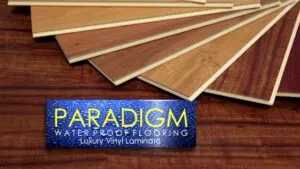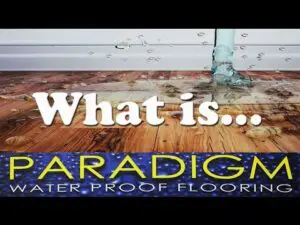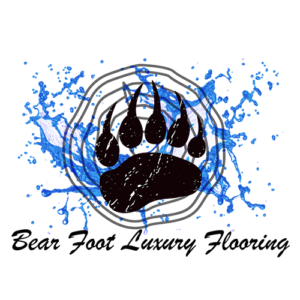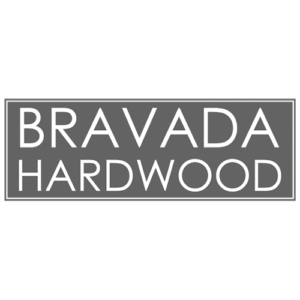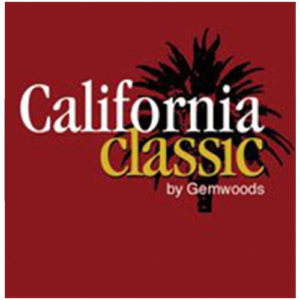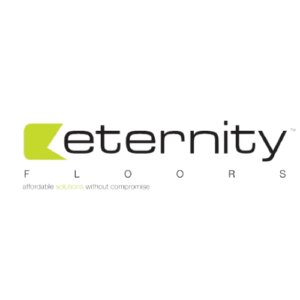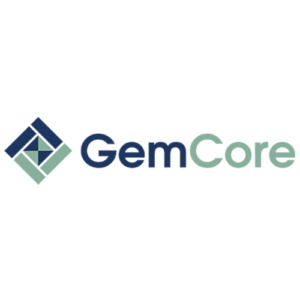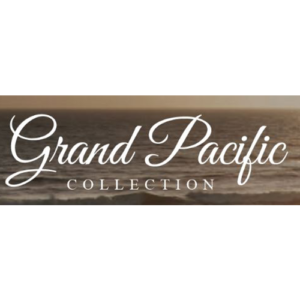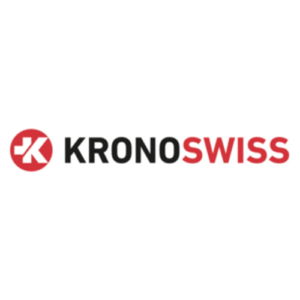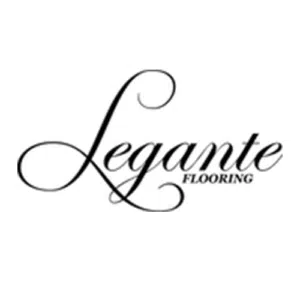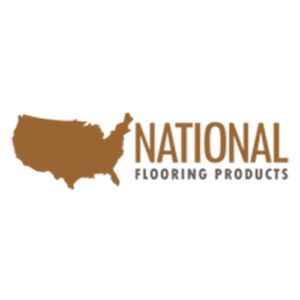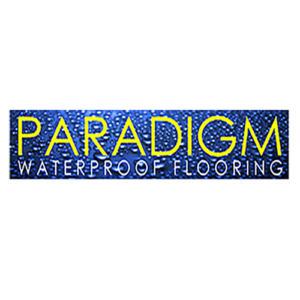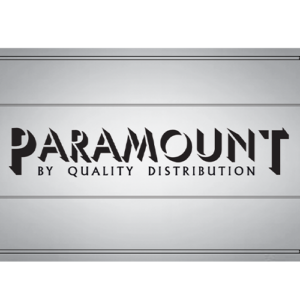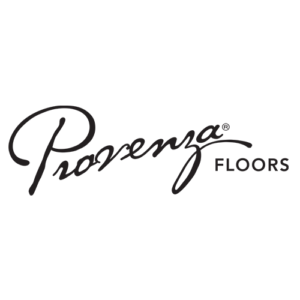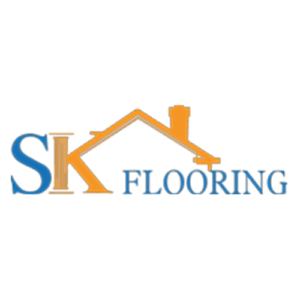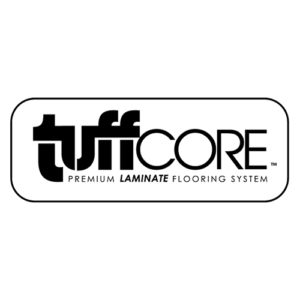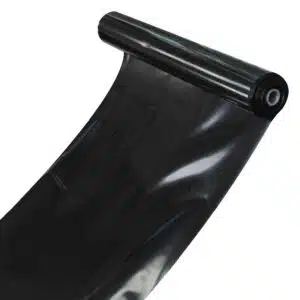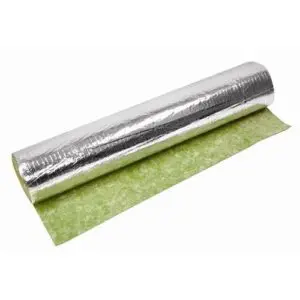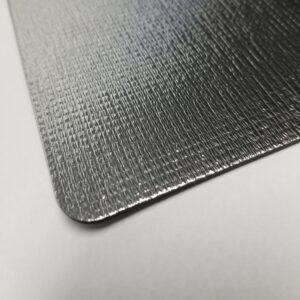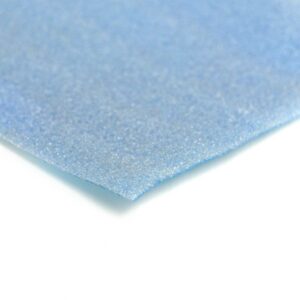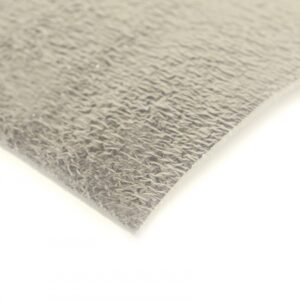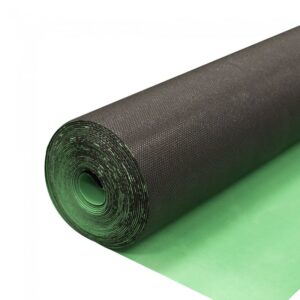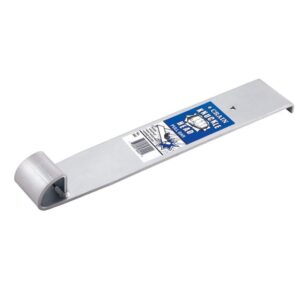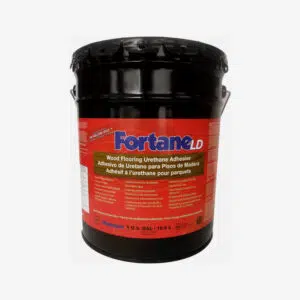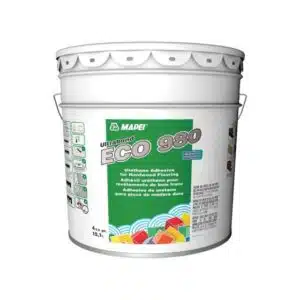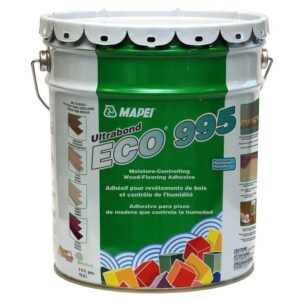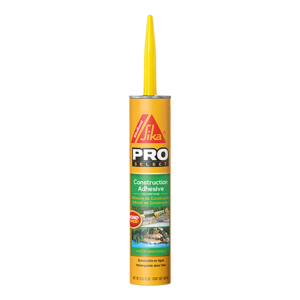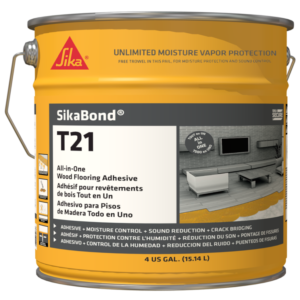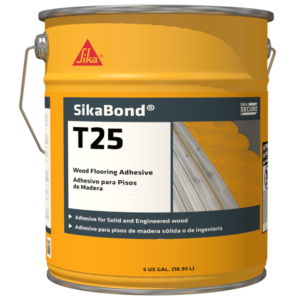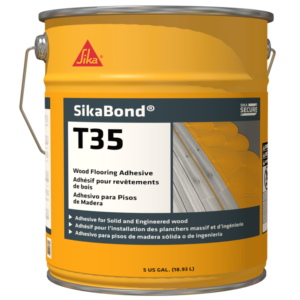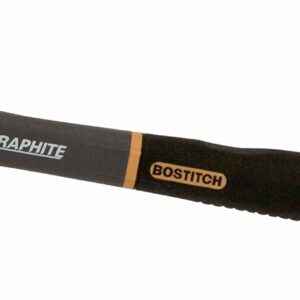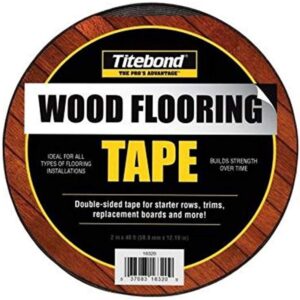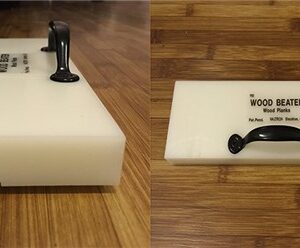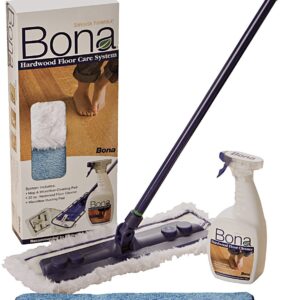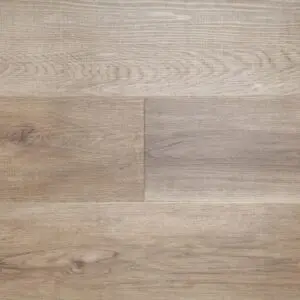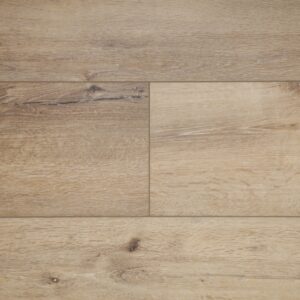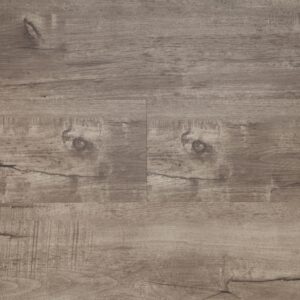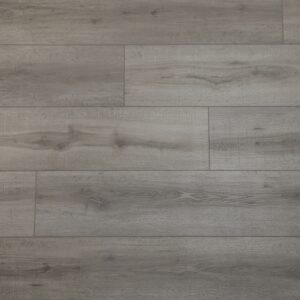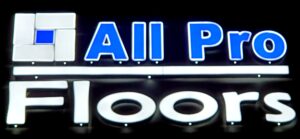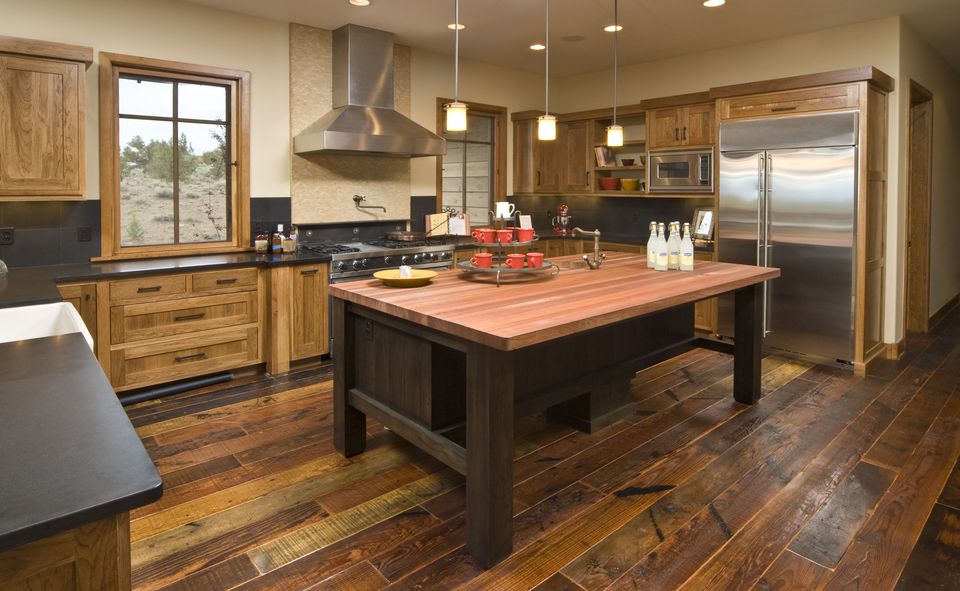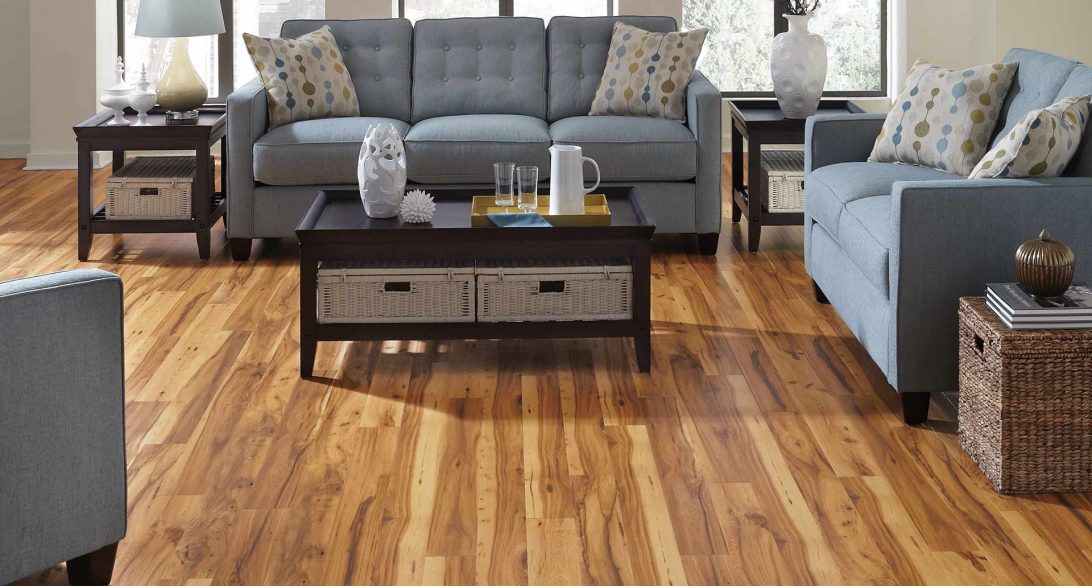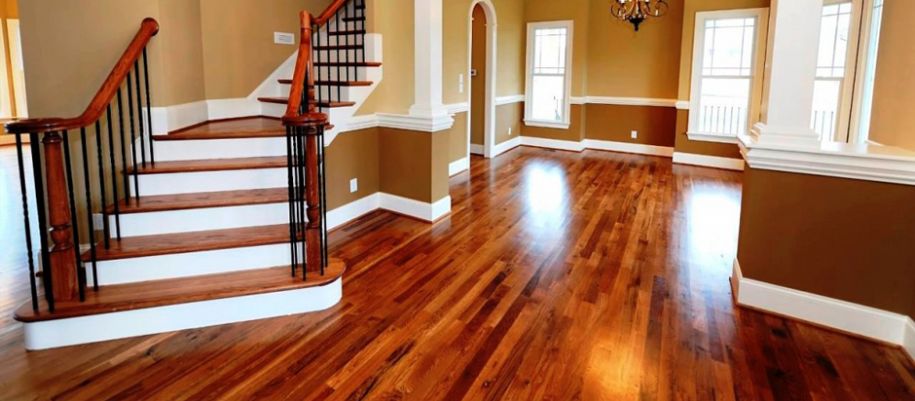Description
Paradigm Performer Wildflower

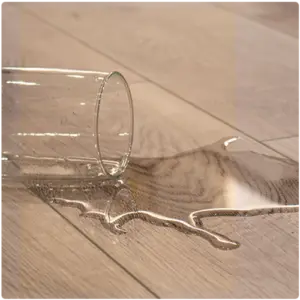
Types of Vinyl Flooring
The original sheet vinyl flooring is similar to linoleum, which comes in rolls that you glue to the subfloor with mastic, but more recent products are thicker and lay flat without glue. You typically attach them to the floor with double-faced acrylic tape. Vinyl tiles come with or without a glued backing; if you choose a product that isn’t already glued, you must spread the glue yourself. Vinyl planks are designed to float over the subfloor like laminate flooring boards. Some products are constructed with locking systems, like laminate boards, while others have glue strips to hold them together. Paradigm Performer Wildflower has a locking floating system for easy installation and even easier to care for just follow these instructions!
Luxury Vinyl Plank, better known as LVP, is available in various construction types. In this article, we focus on three of the most popular construction types: SPC (Stone Polymer Composite), WPC (Wood Polymer Composite) and ESPC (Engineered Stone Polymer Composite).
The many benefits of Luxury Vinyl Plank floors have made this flooring type a go-to in homes across the nation. From its realistic wood look planks to its durability, this flooring has become a must-have in both the residential and commercial space.
BENEFITS OF LVP FLOORS
-
- Looks like real hardwood
- Pet and Kid-friendly
- Durable and budget-friendly
- 100% waterproof
- Scratch Resistant
- Stain Resistant
- Easy to maintain
- Extremely versatile – can be installed on any level, in any room and on any subfloor
WPC
WPC stands for Wood Plastic Composite. This vinyl plank construction type is made of recycled wood pulp and PVC. It is typically thicker than other LVP types due to its lower density. Stain and scratch resistant, WPC is 100% waterproof and dimensionally stable.
SPC
SPC stands for Stone Plastic (or Polymer) Composite and is also referred to as “Rigid Core SPC.” SPC is made of limestone powder, PVC and stabilizers. This construction type is 100% waterproof and fireproof as well as scratch and stain resistant. With a higher density than other LVP types, SPC has a unique level of dimensional stability measured at over 20 times that of laminate floors and still remains comfortable underfoot.
ESPC
ESPC stands for Engineered SPC (Stone Plastic Composite). ESPC is as versatile and durable as SPC, 100% waterproof, fireproof, scratch and stain resistant, making it a great choice for a pet or child friendly home, with additional layers of Luxury Vinyl Tile (LVT) for sound resistance and comfort.
All three of these luxury vinyl plank construction types are great options for your home or light commercial space.
Subfloor Considerations
All other factors aside, the choice between loose-lay and glue-down vinyl flooring may boil down to the characteristics of the subfloor. Installing loose-lay sheeting with double-faced tape isn’t recommended in bathrooms or on large floors that require more than one seam. Moreover, both tape and glue aren’t recommended on a high-moisture subfloor, such as a below-grade concrete pad, which is instead a good candidate for a vinyl plank floor. The substrate for any type of vinyl flooring should be clean and flat, but this requirement is more important for glue-down floors, which tend to reveal even small imperfections in the subfloor.

